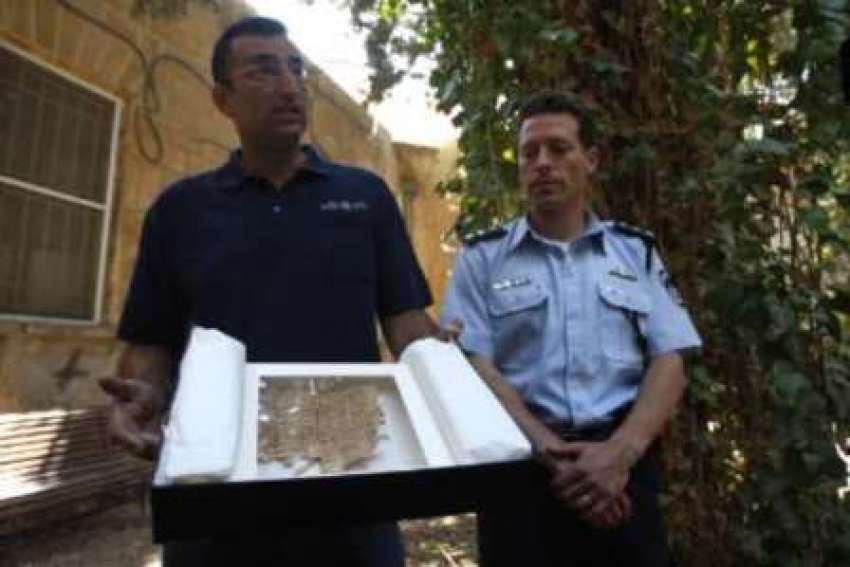Do more Dead Sea Scrolls exist? 2 new caves may contain oldest biblical texts

Two new caves that could possibly contain Dead Sea Scrolls, the oldest biblical texts in existence, have been discovered in the West Bank in Israel.
Archaeologists working near Qumran have called the caves 53b and 53c, Live Science reported, and are investigating them for what could turn out to be new important finds connected to the earliest days of the Bible.
The more than 900 manuscript fragments of the Dead Sea Scrolls were found more than half a century ago in 11 caves, and have been the subject of great scientific research and interest. A 12th cave containing another scroll was found in 2017, leading archaeologists to suspect more caves with scrolls could be discovered.
The newly found caves are not only near the 12th cave, but also contain clues pointing to what they could have contained in the past, said archaeologists Randall Price of Liberty University in Virginia, and Oren Gutfeld of Hebrew University of Jerusalem.
The researchers were able to find a bronze cooking pot and "large amounts of pottery representing store jars, flasks, cups and cooking pots, and [the researchers also found] fragments of woven textiles, braided ropes and string." An oil lamp near the cave was also discovered.
"We have not analyzed all of the pottery from this cave (53b), so we do not know if a scroll jar was present," said Price.
As there are similarities between the textiles, rope and string found in 53b and those in cave 12, there is a possibility that the newly discovered cave also stored scrolls, he suggested.
Another important find in 53c was the fragment of a scroll jar, suggesting that scrolls were indeed stored at some point in the cave.
Most of the 900 confirmed Dead Sea Scroll manuscripts were written on animal skin and papyrus in Hebrew, Aramaic and Greek. They had been hidden in the caves at around 68 BCE in order to protect them from Roman soldiers, and remained hidden until 1947.
Israeli researchers deciphered one of the last remaining parts of the Dead Sea Scrolls back in January 2018. The Haifa University team pieced together more than 60 tiny fragments of parchment, concluding that the texts point to ancient Jewish festivals that are no longer observed.
The festivals, namely New Wheat, New Wine and New Oil, were part of a unique 364-day calendar. Eshbal Ratson and Professor Jonathan Ben-Dov of Haifa University noted at the time that the ancient Jewish sect used the word "Tekufah" to mark the transition between the seasons.
Other scrolls, such as a collection revealed in October 2016, contain writing about God's promises of rewards for those who obey the 10 Commandments.
"If you walk according to my laws, and keep my commandments and implement them, then I will grant your rains in their season, so that the Earth shall yield its produce and the trees of the field their fruit," reads one of the translated fragments.
"I will grant peace in the land, and you shall lie down untroubled by anyone; and I will exterminate vicious beasts from the land, and no sword shall cross your land. I will look with favor upon you, and make you fertile and multiply you."



























